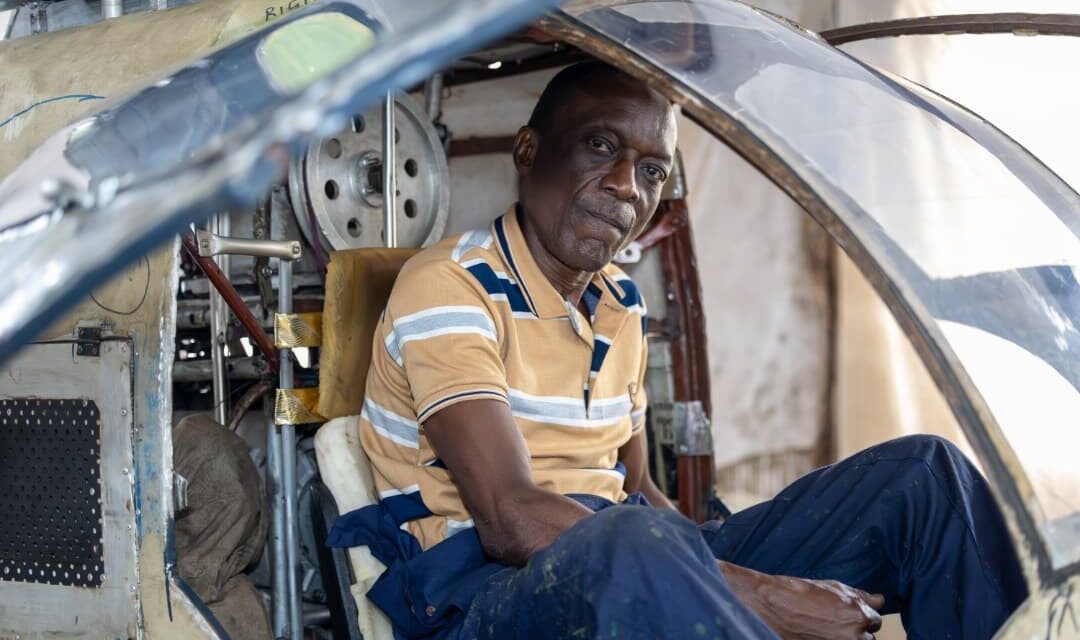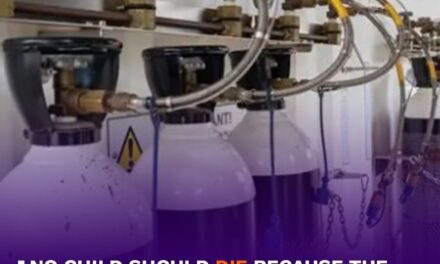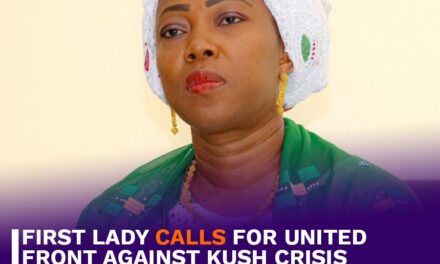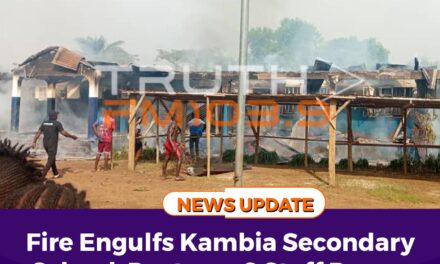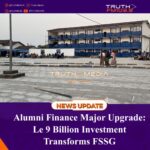By: Emmanuel Mbowa
Freetown, 18th August 2025 -Eighteen years have passed, and the expectations of a notable Sierra Leonean innovator are dwindling. Despite repeated promises of support, Francis A. S. Tucker remains hopeful of completing the country’s first homemade, single-seater helicopter. His craft, known as the Sierra Eagle, has been lauded by prominent nationals, featured on top-tier television and radio shows, and has met with high-profile individuals. Yet, a lack of resources has stalled a project that could elevate Sierra Leone’s standing in innovation.
Tucker, Chief Engineer of the ‘Sierra Eagle Helicopter Project’, began lobbying for an initial $15,000 in 2007 to kick start proper work. With locally crafted components already designed, his ambition rose, trusting the project could be actualized in a short period. But the dream itself began 34 years ago.
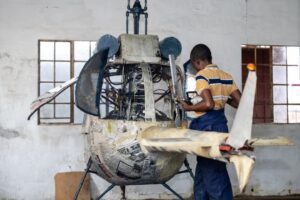
“We should ensure that every Sierra Leonean with talents like mine gets the requisite support for the advancement of the nation… That’s how we can bring in the dollars, the euros, and pounds.”
The journey started when Tucker created and successfully flew a power glider, which captured the interest of Claudius Thomas. Thomas provided him with a 70-horsepower BMW engine and some initial funding to launch the helicopter project.
“To a lot of people, this was a mystery, and to others, it was something interesting that required support,” Tucker said. “But promises made since former President Ahmad Tejan Kabbah’s era and the current regime have not been met.”
Sierra Leone has a history of remarkable innovators, especially in technology and sustainable solutions. These include Oswald Abioseh Dundas, who developed a saltwater-powered electricity solution in 2018; Emmanuel Alie Mansaray, a self-taught engineer who built a solar-powered car and tricycle from recycled materials; and Kelvin Doe, who famously built his own community radio station at age 15.
While widely celebrated for the helicopter project, Tucker remains optimistic that his dream will stand the test of time. “What you see here will take us three weeks to complete with just Le 15,000 left to buy the remaining components and materials to do the quick filling on the body, finish welding the fuel tanks, put the tail rotor on, and then connect the anti-torque pedals,” he explained.
Despite unmet promises, Engineer Tucker’s courage fuels his hope that he will someday fly his self-made helicopter. His dream, evident in his eyes as he speaks, is to manufacture more of them across Africa.
“Countries including Nigeria, Ghana, Kenya, and Uganda have expressed interest in having our helicopter flown at our launching program in their respective countries,” he noted. “We all know that helicopters are not made in Africa,” Tucker continued. “Some have made partial successes. I have taken up and crashed, but I want to assure Sierra Leoneans and the world that when we are through with this, it’s going to fly as conveniently as the white man’s.”
The Sierra Leone Innovates Tech Summit, spearheaded by the Ministry of Communication, Technology and Innovation, has made significant progress in bringing together policymakers, tech leaders, entrepreneurs, and innovators to discuss the future of Sierra Leone’s digital governance and economic growth. The initiative, complementing the government’s Big 5 Game Changers Agenda, supports exceptional innovators, preparing them for the international stage. However, Francis, who has tirelessly lobbied for government support since the birth of his dream, stresses that political restraint and cultural beliefs remain major challenges.
“Africans are not used to making and flying aircrafts’ only the white man who has that kind of culture,” he says. “But I believe the technology itself belongs to everyone. The gift is there, and if we could manage our cultural belief systems, nothing at all would stop us from excelling like the whites.”
Engineer Tucker, who initially aspired to become a lawyer, found himself torn between motivation and destiny. He eventually transitioned from the arts to the sciences, earning second and third class diplomas in Mechanical Engineering from Bonthe Technical Training College. His dream goes beyond building Sierra Leone’s first homegrown helicopter.
“We look forward to establishing a talent development and display centre that will cater to people who haven’t recognized their talents, and also polish the skills of those who have but lack guidance and support.”
For Francis, empowering potential is essential to national transformation. “The talents and potentials we have are the things we need to transform us as individuals and as a country.” He adds that Africa lags behind in development because many people don’t understand what it truly means to support talent. “Some don’t even know what it actually means to support the talents that people have.”
“We should ensure that every Sierra Leonean with talents like mine gets the requisite support for the advancement of the nation. That’s what our centre will gear towards, develop the talents and bring them to commercial level. That’s how we can bring in the dollars, the euros, and pounds.”
Amidst what looks like gloom, Francis re-echoes the need for collaborative efforts to realize his dream. “Until government and other stakeholders in the development of this nation, including us all, begin to think along that line, we are not even at the point of take-off for development.”
He maintains that completing Sierra Leone’s first homegrown helicopter would be a landmark achievement in national development.
